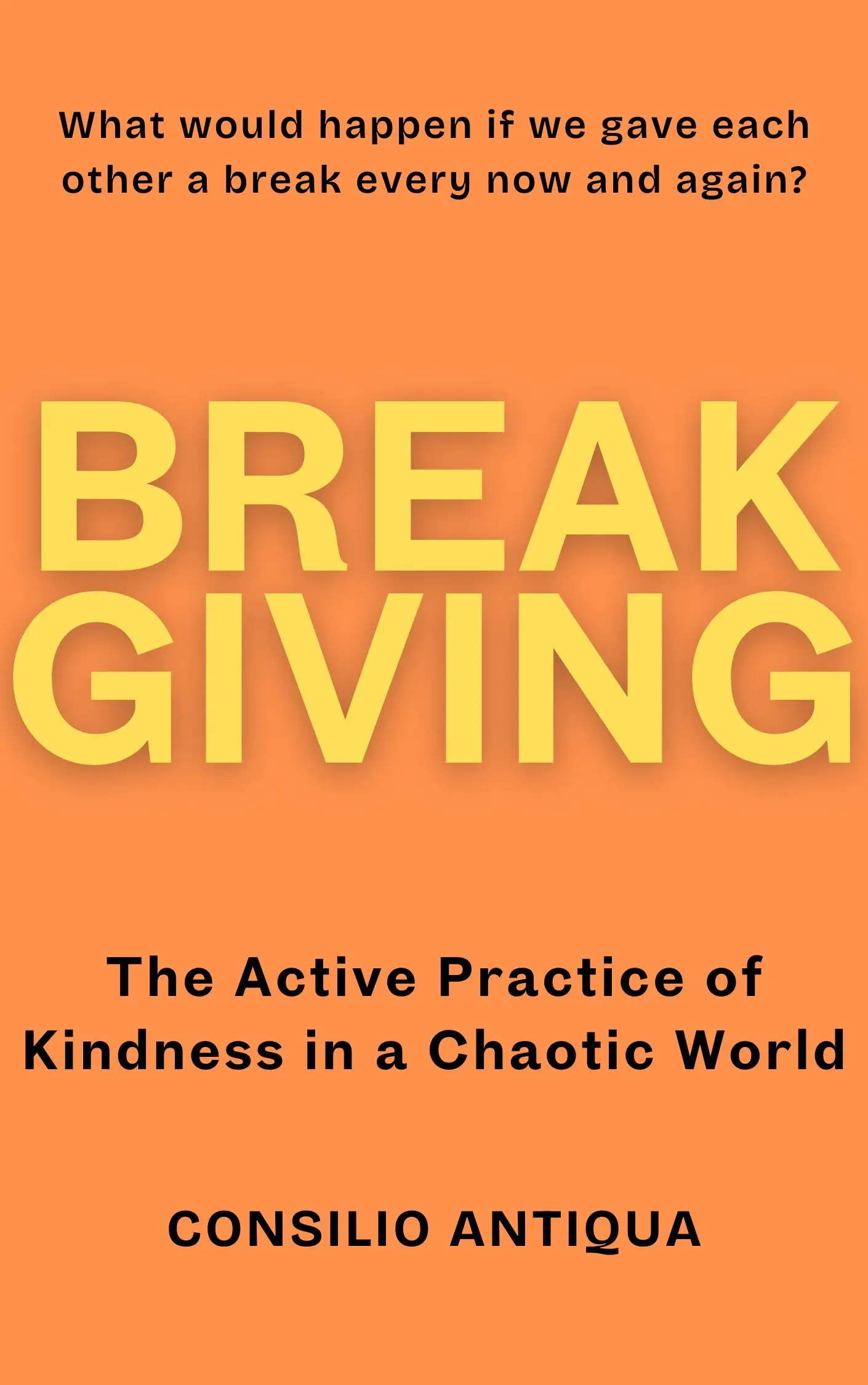
Breakgiving | Chapter Biography: Abraham Lincoln
Chapter Biography: Abraham Lincoln
Abraham Lincoln, etched in the annals of history as the Great Emancipator, stands as a beacon of a different kind of strength—a strength born not from brute force but from a profound understanding of the human heart. His legacy, however, extends beyond the battlefield and the Emancipation Proclamation. It whispers of a deeper truth, a truth that resonates with profound urgency in our own chaotic times: the power of Breakgiving. Lincoln's life, particularly his leadership during and after the Civil War, offers a powerful testament to the transformative potential of empathy, forgiveness, and the active practice of giving others—and ourselves—a break.
The Civil War cleaved the nation in two, a gaping wound carved into the very fabric of American identity. Brother fought against brother, families were torn apart, and the land itself seemed to bleed from the relentless violence. The conflict was not merely a clash of arms; it was a brutal manifestation of deeply entrenched fears and beliefs, a struggle for a future that seemed to lie in the wreckage of the past. This was a world of stark contrasts and seemingly insurmountable divides, yet within its depths, Lincoln's leadership began to shape a different path.
Lincoln's character was forged in the fires of hardship. He bore witness to the fragility of human existence and the profound capacity for both cruelty and compassion within the human heart. His own life, marked by poverty and loss, instilled in him a deep empathy for the suffering of others. This empathy did not remain a passive sentiment; it fueled his actions, his words, and his unwavering belief in a future where unity could triumph over division.
In the Gettysburg Address, delivered amidst the somber aftermath of a devastating battle, Lincoln did not merely commemorate the fallen. He spoke of a nation's soul, a nation striving to give birth to a new understanding of itself. He reminded his listeners of the sacred duty to ensure that the sacrifices made had meaning, that the nation would rise anew, grounded in the ideals of liberty and equality for all. His words were not a call for vengeance but a call for healing, a gentle urging to offer a break to the weary and wounded, to find common ground amidst the chaos.
And in his Second Inaugural Address, delivered on the cusp of the war's end, Lincoln's compassion shone even brighter. He acknowledged the immense suffering on both sides of the conflict, refusing to cast blame or celebrate victory with triumphalism. Instead, he spoke of the shared human experience, the intricate tapestry woven with threads of joy and sorrow, hope and despair. He saw the war not as a simplistic battle of good versus evil but as a complex interplay of human desires and fears. This perspective, grounded in a deep understanding of the human condition, was the foundation for his vision of a reconciled nation.
Lincoln's approach to reconciliation was not a passive acceptance of the status quo. It was a conscious, deliberate practice of Breakgiving. He recognized that healing a nation fractured by such profound wounds required not just the cessation of violence but an active effort to understand the root causes of the conflict. It required extending grace, offering a break to those who had fought against the Union, and creating space for the slow, painstaking work of rebuilding trust.
Lincoln's words and actions remind us that Breakgiving is not a sign of weakness but a testament to strength. It is not about excusing harmful behavior but about creating room for growth and understanding. The choice to forgive, to offer a break, to see the humanity in those who differ from us—these are choices that demand courage and compassion.
The challenges we face today, though different in their specific details, echo the divisions that plagued Lincoln's era. We are confronted with a world characterized by ideological clashes, social inequalities, and the erosion of shared values. In this landscape, the lessons of Lincoln's life resonate with even greater urgency.
Can we, like Lincoln, find the space to see the humanity in those who hold different perspectives? Can we understand the fears and desires that motivate their actions, even when we vehemently disagree? Can we find the courage to offer a break, to extend grace, and to build bridges rather than walls?
Lincoln's legacy is a powerful reminder that even in the darkest of times, the path toward healing and unity lies in the active practice of Breakgiving. It is a call to cultivate empathy, to recognize the complexity of human relationships, and to find the courage to choose understanding over judgment. In a world often consumed by the clamor of division, Lincoln's quiet strength reminds us that we have the power to choose a different path—a path illuminated by the soft glow of compassion and the unwavering belief in the shared humanity of all.
The journey toward a more compassionate and just world is a long one, but the seeds of change are within our reach. Let us take inspiration from Lincoln's life, a life that reminds us that giving others a break—and ourselves—is not just an act of kindness, but a powerful force for healing and transformation. Perhaps, in extending grace and understanding, we can begin to mend the rifts that divide us, one heart and one conversation at a time.
